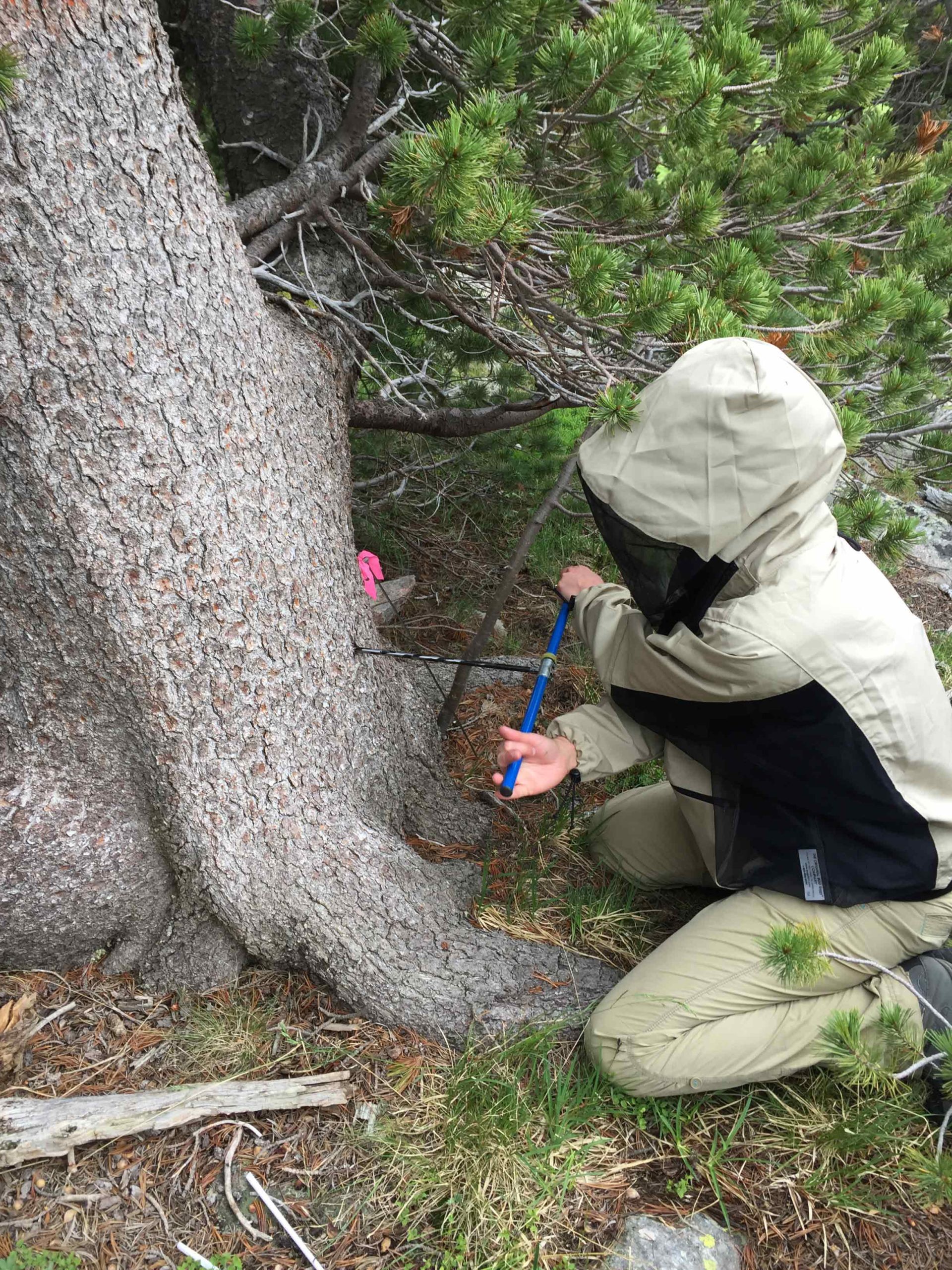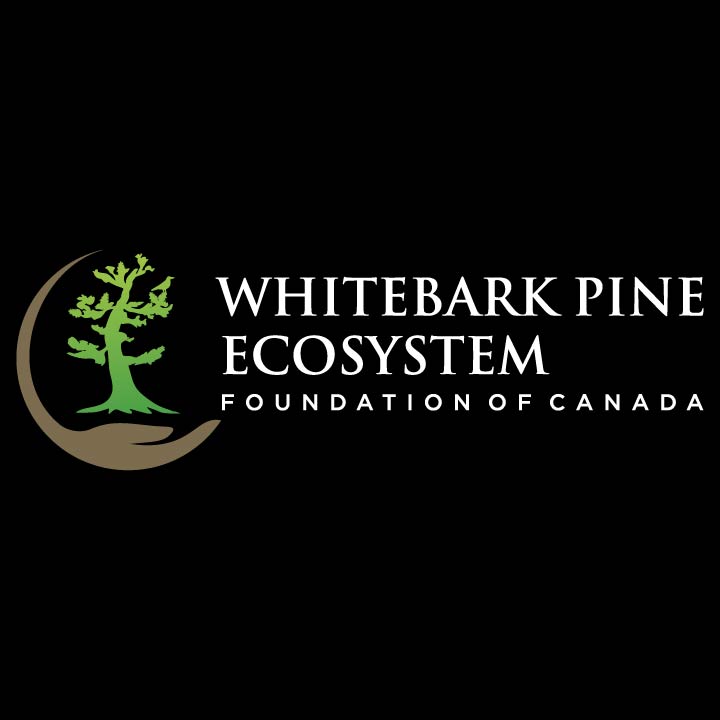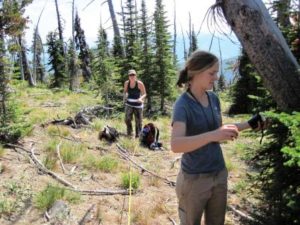
2020 Whitebark Pine Student Research Grant RFP
Request for Proposals for the 2020 Whitebark Pine Student Research Grant
The mission1 of the Whitebark Pine Ecosystem Foundation (WPEF) is to “promote the conservation of whitebark pine and other high elevation five needle white pine ecosystems through education, restoration, management, and research.” In support of this mission, the WPEF is offering a research grant of $1000 to an undergraduate or graduate student (MS or PhD) conducting research and writing a thesis on whitebark pine.2
Relevant areas of research include, but are not limited to: threats to whitebark pine, including mountain pine beetle, white pine blister rust, successional replacement, and climate change (only in whitebark ecosystems); interactions with wildlife, such as Clark’s nutcracker or other birds, red squirrels and grizzly bears; restoration strategies for whitebark pine, including both field operations and nursery seedling production; ecosystem level impacts of whitebark pine die off; and, social or policy aspects of whitebark pine decline and restoration, including wilderness issues. Because of concern over whitebark pine populations, destructive sampling (particularly of mature, healthy trees) is strongly discouraged; if the killing of mature, healthy trees is needed for your research, please discuss alternatives and justify your chosen sampling method. It is also your responsibility to ensure that you have all the necessary permits from land management agencies before starting any field work.
Monies will only be awarded for travel expenses for field work, or consumable research supplies. Grants shall not be used to buy equipment that will be used beyond the duration of the project (and thus would be retained by the lab in which the student works).
Your research submission must include a:
- Short (two single-spaced pages at most, not including references) proposal covering:
- Background, objectives and justification for the research,
- A description of the study plan and methods, including expected dates of work described,
- Measures of success and expected outcomes of the research, including expected completion, and
- A brief explanation of how the money will be spent.
- Resume or CV, including your contact information and academic affiliation.
- Letter of recommendation from your research advisor.
Grant recipients are encouraged to present their research findings at a subsequent WPEF annual science meeting and are expected to publish a research summary in our bi-annual journal Nutcracker Notes. All applicants are encouraged to join WPEF and the grant recipient will receive a free subscription to Nutcracker Notes for one year.
Please send application materials (electronic only) to <cyndi.smith@whitebarkfound.org> by February 1, 2020.
_________________________________
1 More detail on the mission, goals and objectives of the WPEF can be found at <whitebarkfound.org>.
2 While the WPEF is concerned about all five-needled pines, we are focusing this grant just on whitebark pine.
Download a pdf of the 2020 WPEF student research grant RFP



